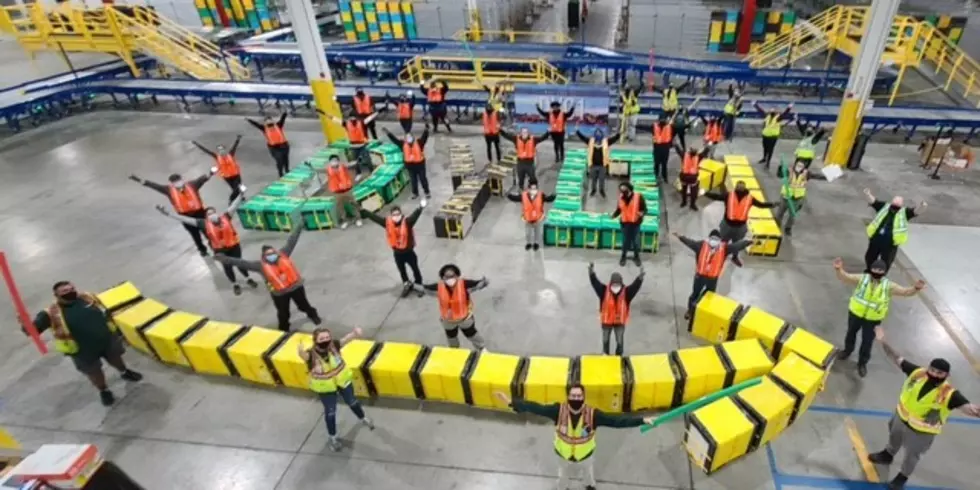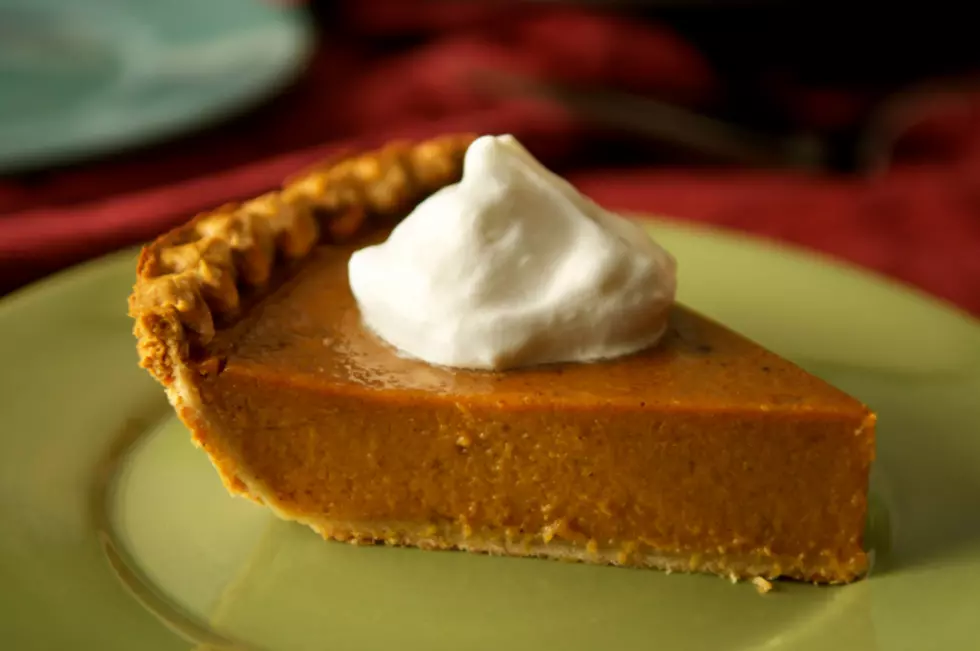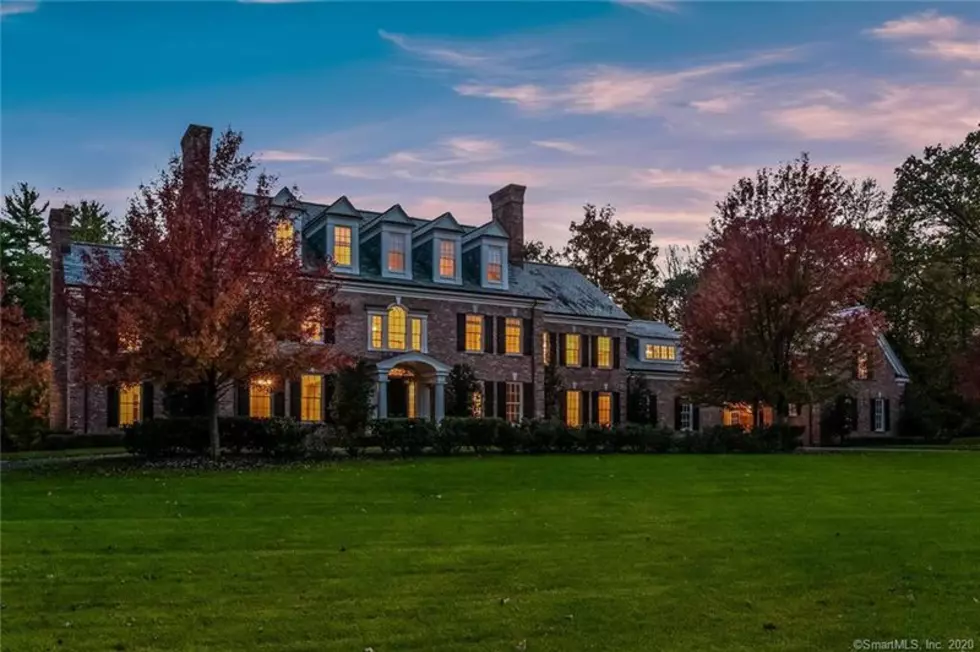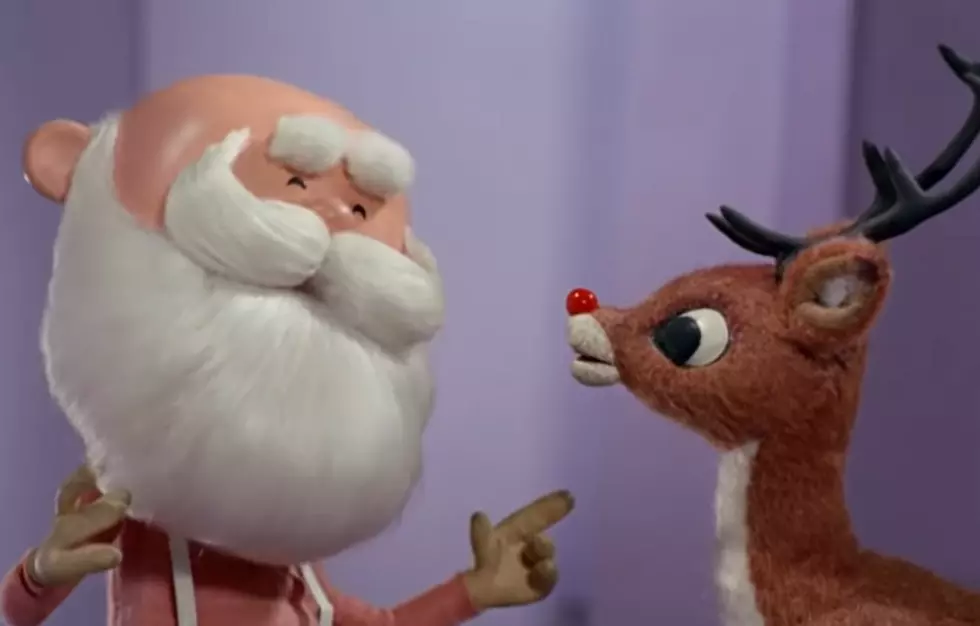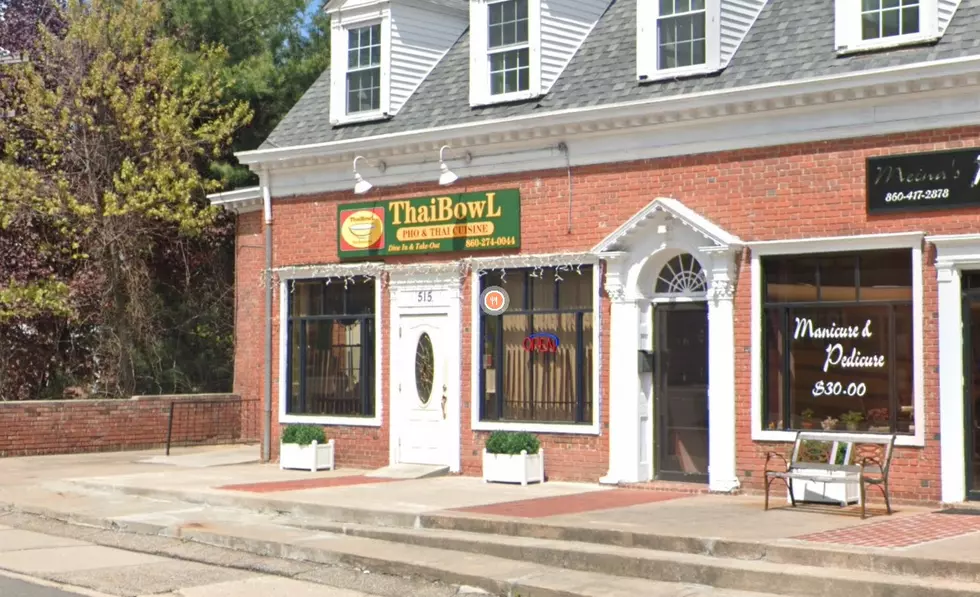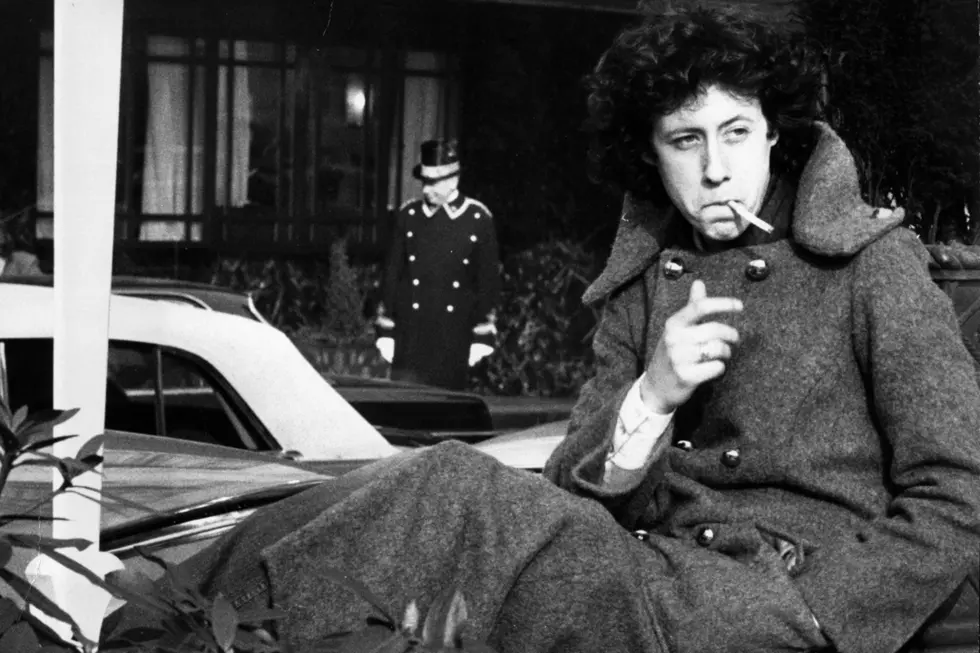
How Arlo Guthrie’s Arrest Inspired the Thanksgiving Classic ‘Alice’s Restaurant’
When he was invited to a Thanksgiving celebration in 1965, 18-year-old folk singer Arlo Guthrie drove from New York City to a deconsecrated church in Great Barrington, Mass., where friends Alice and Ray Brock lived. Guthrie and his pal Rick Robbins offered to clear out the garbage, bottles, paper and building supplies piled in the church.
The good deed led to their arrest for littering the next day, Nov. 26, 1965. Guthrie would weave the bust with his adventure at the draft board a year later to create the musical monologue "Alice's Restaurant Massacree," better known as "Alice's Restaurant."
"Alice's Restaurant" became an 18-minute-plus title track that took up one side of Guthrie's debut album. Released in October 1967, the LP launched the career of the son of legendary folk singer Woody Guthrie.
"A lot of people thought it was fiction and this is all real stuff," Guthrie told NPR. "I had visited my friends during the Thanksgiving break, Ray and Alice, who lived in this abandoned church. They were teachers at a high school I went to just down the road in the little town of Stockbridge, Mass. And a friend of mine and I decided to help them clean up their church."
Guthrie and Robbins loaded a VW bus with the trash and headed for the dump in Great Barrington. The dump, however, was closed for the holiday. Guthrie had attended the nearby Indian Hill school in Stockbridge and remembered a popular, though illegal, dump site across the road.
"Because I had gone to school there," he continued, "I was familiar with all of these little back roads and nook-and-cranny places. And I knew a place that local people were using to get rid of their stuff. So it wasn't like some pristine virgin forest that we'd, you know, were screwing around with. And our pile of garbage, well, we couldn't tell the difference once we threw ours down. But there was someone who could and that happened to be the local chief of police, a guy named Bill Obanhein, who we called Officer Obie. And he confronted us that next morning after Thanksgiving with our crime."
Alerted by an eyewitness, Obanhein spent what he called "a disagreeable two hours" on Thanksgiving rifling through the garbage until he found a scrap of paper with Ray Brock's name on it. Guthrie and Robbins confessed to the crime when confronted by Obanhein at the church. The pair were arrested for littering and taken to the Stockbridge jail.
Guthrie and Robbins appeared before special justice James Hannon at the district court in Lee, Mass. As Guthrie described in the song, Obanhein came armed with "twenty-seven eight-by-ten color glossy photographs with circles and arrows and a paragraph on the back of each one explaining what each one was to be used as evidence against us."
But the song points out that Hannon was blind — "a typical case of American blind justice" — and unable to view the crime scene photos.
Listen to Arlo Guthrie Perform 'Alice's Restaurant'
Guthrie and Robbins pleaded guilty and each received a $25 fine. They were ordered to clean up the trash, which they did under the watchful eye of Obanhein. In a Berkshire Eagle account, cited in Arlo Guthrie: The Warner/Reprise Years, Obanhein observed that Guthrie and Robbins "found dragging the junk up the hillside much harder than throwing it down."
Guthrie told PBS how the song began to take shape. "We went and we picked up the garbage. We went back and we were sitting around the kitchen in the church that night. And I had a guitar and we were making up funny little verses like, 'You can hide from Obanhein at Alice's Restaurant,' stupid stuff. We were just, you know, just hanging out. And it wasn't a song and there was no story. We were just having fun. But as the draft scenes unfolded in my real life, I began to include them in the song and it took about a year to put that together."
Guthrie reported to the draft board in New York City in 1966. A form asked if he'd ever been arrested and Guthrie admitted he'd been found guilty of littering. But when asked if he'd rehabilitated himself, Guthrie went straight to the sergeant in charge.
"Sergeant, you got a lot of damned gall to ask me if I've rehabilitated myself." said Guthrie in the tune. "Because you want to know if I'm moral enough to join the Army, burn women, kids, houses and villages after bein' a litterbug."
His littering conviction, Guthrie says, made him ineligible for the draft.
"Alice's Restaurant" soon became a Turkey Day staple on classic rock radio. The Alice's Restaurant film, directed by Arthur Penn, was released in 1969 and starred Guthrie as himself.
"To have what happened to me actually happen and not be a work of fiction still remains amazing," Guthrie told Rolling Stone in 2014. "It's an amazing set of crazy circumstances that reminds me of an old Charlie Chaplin movie. It's slapstick. I mean, who gets arrested for littering? And who goes to court and finds themselves before a blind judge with pictures as evidence? I mean, that's crazy!
"And then to be rejected from the military because I had a littering record? I mean, those events were real and not only that, those people played themselves in the movie! The cop in the movie is the real Officer Obie and the judge in the movie, the blind judge is the real Judge Hannon. And these are real people! And they consented to play themselves because they think they, like me, observed the absurdity of the circumstance."
Top 100 Rock Albums of the '60s
More From WRKI and WINE
